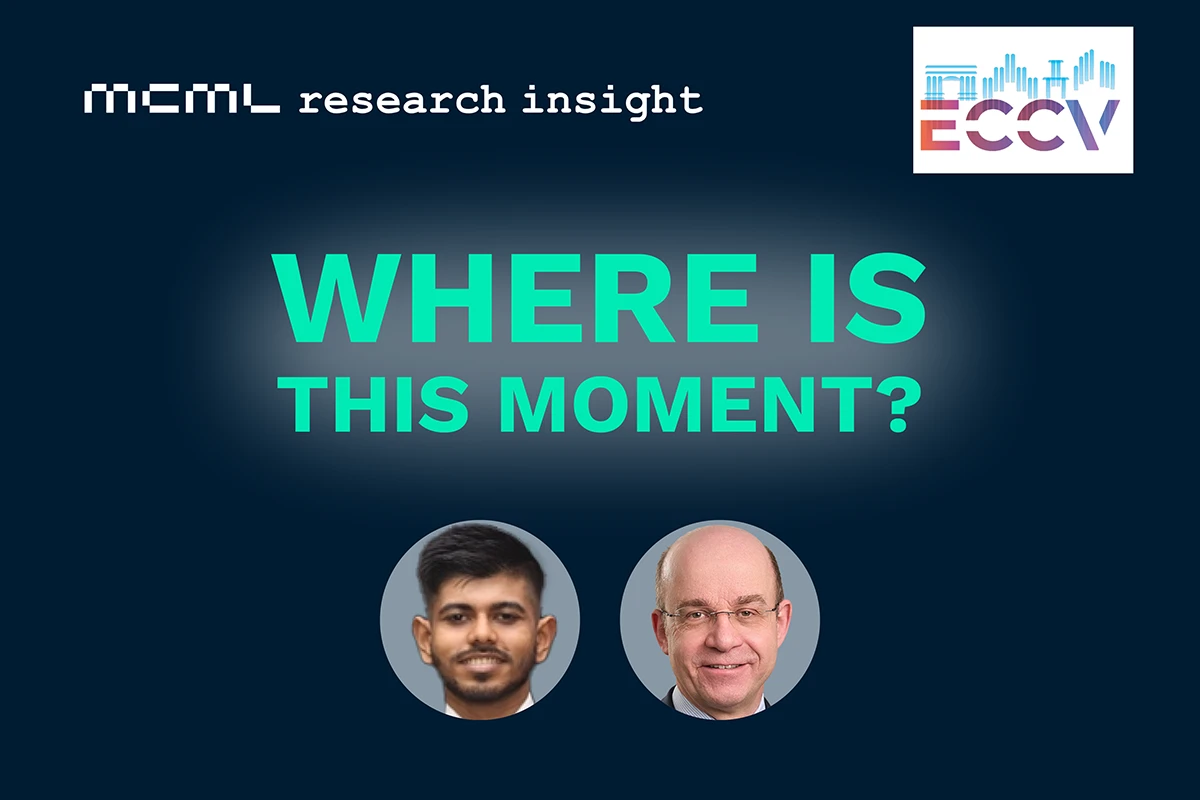06.03.2024

©greenbutterfly - stock.adobe.com
Daniel Rückert on How Datasecurity in AI in Medicine Can Be Realized
TUM Magazine “Faszination Forschung”
The current issue of the TUM magazine "Faszination Forschung" takes a closer look at the work of our Director Daniel Rückert.
With his team, he strives to train medical AI in a way that ensures both patient data privacy and the impartiality of the AI in diagnosis. To achieve this, he employs "Differential Privacy", a method that adds a kind of statistical noise to the data.
«The requirements for AI systems are high. They should handle patients' personal data carefully and not store any identifiable information.»
Daniel Rückert
MCML Director
Related

24.02.2026
Cosmology: Measuring the Expansion of the Universe With Cosmic Fireworks
Daniel Gruen leads LMU’s campaign on rare SN Winny to refine the Hubble constant and address the Hubble tension in cosmology.

19.02.2026
COSMOS – Teaching Vision-Language Models to Look Beyond the Obvious
Presented at CVPR 2025, COSMOS shows how smarter training helps VLMs learn from details and context, improving AI understanding without larger models.

05.02.2026
Daniel Rückert and Fabian Theis Awarded Google.org AI for Science Grant
Daniel Rueckert and Fabian Theis receive Google.org AI funding to develop multiscale AI models for biomedical disease simulation.

